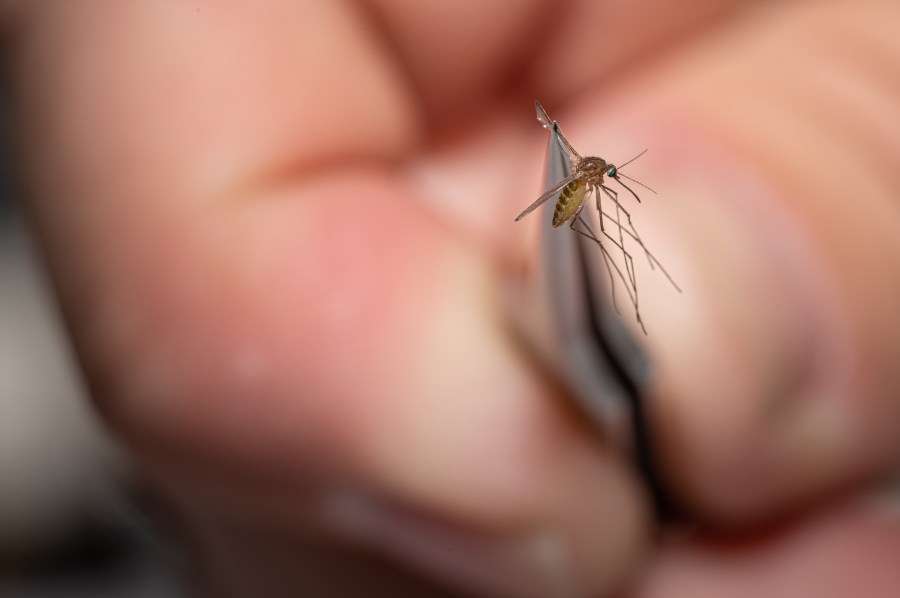Williamson County Confirms First Human West Nile Virus Case of 2025

Williamson County officials have confirmed the first human case of West Nile virus for the year 2025. A resident in their 40s from southern Williamson County was diagnosed with West Nile neuroinvasive disease on July 3, 2025. This announcement comes from the Williamson County and Cities Health District (WCCHD), which is urging residents to take precautions as recent wet weather may contribute to a rise in mosquito populations.
Details about the individual diagnosed with the virus have not been disclosed to maintain their privacy. Notably, the WCCHD has indicated that no mosquito trap samples have tested positive for West Nile virus in Williamson County thus far this season.
Health Officials Urge Preventive Measures
Jason Fritz, the Integrated Vector Management Program Lead, reassured the public by stating, “Fortunately, most people who contract West Nile virus never develop symptoms, and the risk of getting seriously ill is very low. The best protection is to prevent getting bitten.” He advised that individuals experiencing symptoms such as severe headache, high fever, stiff neck, confusion, muscle weakness, tremors, or seizures should seek medical attention immediately.
In light of this confirmed case, the health district encourages residents to stay vigilant in protecting themselves from mosquito bites. Mosquitoes can breed in any standing water, requiring as little as one teaspoon to lay eggs. Residents are advised to eliminate standing water around their homes, including in toys, tires, trash cans, and clogged gutters.
Understanding West Nile Virus Symptoms
Symptoms of West Nile virus can range from mild to severe. Common signs include fever, headache, body aches, skin rash, and swollen lymph nodes. Individuals aged 50 and older, or those with compromised immune systems, are at a higher risk for severe symptoms. These may include stiffness, disorientation, coma, tremors, vision loss, and, in rare instances, death. Importantly, West Nile virus is not transmissible from person to person; infection occurs through the bite of an infected mosquito.
To reduce the risk of mosquito bites, the WCCHD offers several recommendations:
– Wear long sleeves and pants when outdoors.
– Apply insect repellent that contains DEET.
– Maintain closed doors and windows, or install screens to keep mosquitoes out.
– Remove all standing water around your property.
– Change water in pet dishes daily and scrub indoor water containers weekly.
– Clean bird baths and wading pools several times a week.
– Use mosquito dunks with larvicide in stagnant water that cannot be emptied.
– Ensure that pools and hot tubs are properly chlorinated and free of debris.
– Consider treating door areas with residual insecticides if mosquitoes are prevalent nearby.
For more information on preventing mosquito breeding and protecting against bites, residents can visit Williamson County’s “Fight the Bite” campaign website or the Texas Department of State Health Services’ West Nile resources.
As the mosquito season progresses, vigilance remains essential in preventing the spread of West Nile virus and safeguarding community health.






